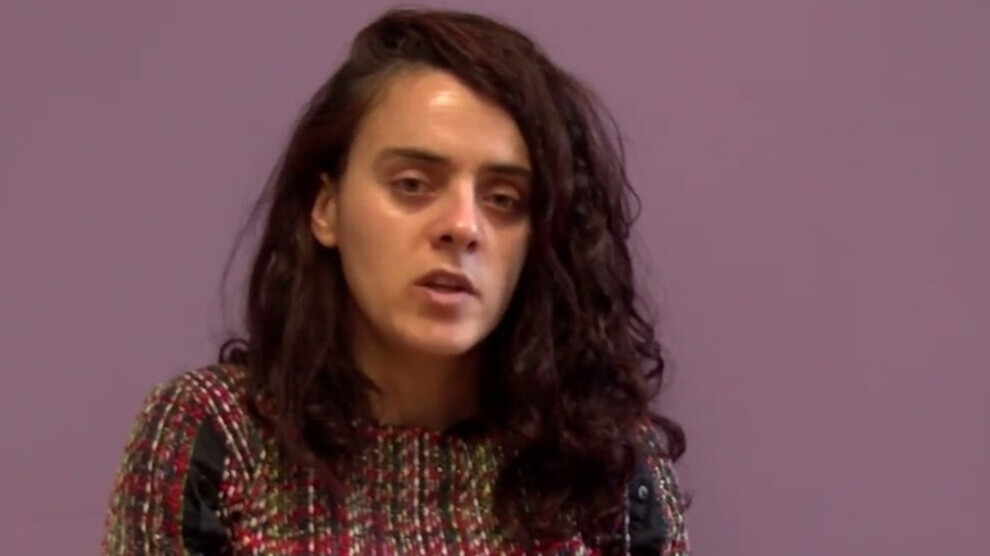The hunger strikes launched to demand freedom for Kurdish People's Leader Abdullah Öcalan in prisons in Kurdistan and Turkey lasted for 130 days before turning into a court boycott and a decision not to have phone calls or family visits as of 4 April.
In this process, consecutive disciplinary investigations are given to Abdullah Öcalan, who is held under aggravated isolation in Imralı, absolute isolation practices continue, and disciplinary investigations and punishments are given to prisoners because of the ongoing protests in prisons.
We talked to Istanbul ÖHD executive, lawyer Necla Mizgîn Argış, about the protests.
How are the protests that have been ongoing since 4 April continuing?
The isolation policies implemented in prisons in the post-1980 period became the focus of criticism regarding the human rights violations of the Turkish criminal justice system. In order to suppress and keep social opposition under control, the dictatorial regime resorts to severe isolation practices, especially against the Kurdish community and other resisting groups. These policies have also been extended to the prisoners on Imralı Island, and it is known that Mr. Abdullah Öcalan, Ömer Hayri Konar, Veysi Aktaş and Hamili Yıldırım, who have not been heard from for a long time, are kept in absolute isolation.
Isolation practices are going on in prisons, and political prisoners have gone on hunger strikes and death fasts in response to this situation. Following the hunger strikes in 2016 and 2019, on 27 November 2023, political prisoners began an indefinite rotating hunger strike against the isolation. Unfortunately, it appeared that society did not react adequately to these actions. Thereupon, the prisoners tried to draw attention to the more severe conditions of isolation by giving up their family visits and phone calls, and they still continue these actions.
Political prisoners see these actions not only as a protest, but also as part of the struggle to reject the "dirty person" model created by the capitalist system and achieve the free person. Therefore, the struggle against isolation has an important place in the construction of a new and free life. Prisoners say that all segments of society should speak up in this struggle and should not accept isolation practices.
The protests in prisons started for the physical freedom of Kurdish People's Leader Abdullah Öcalan and the solution of the Kurdish question. These demands still continue today, but there are also news of new visit bans and disciplinary penalties against the Kurdish People's Leader. Are similar punishments and intimidating practices applied to prisoners who are involved in the current protests?
The reaction of the prison administrations to this process of action was generally to initiate disciplinary investigations and impose disciplinary penalties. For example, it is reported that prisoners who do not use their telephone rights are denied all means of communication, prisoners who do not go on visits are given bans on visits, political prisoners are forcibly brought to the courts and disciplinary punishments are launched against them.
Is there any action taken by the Ministry of Justice to address the protests?
It is an important question mark whether the Ministry of Justice has taken any concrete and constructive steps regarding the issue. There are steps that the Ministry must take to prevent human rights violations in prisons and to abolish isolation practices. However, no initiative by the Ministry in this direction has been brought to the agenda so far.
Isolation practices in prisons and the struggle against these practices should be considered as an issue with multidimensional legal, political and socio-psychological reflections. It is vital for the Ministry of Justice to produce effective, permanent and humane solutions to the problem in terms of preventing human rights violations in this area.














